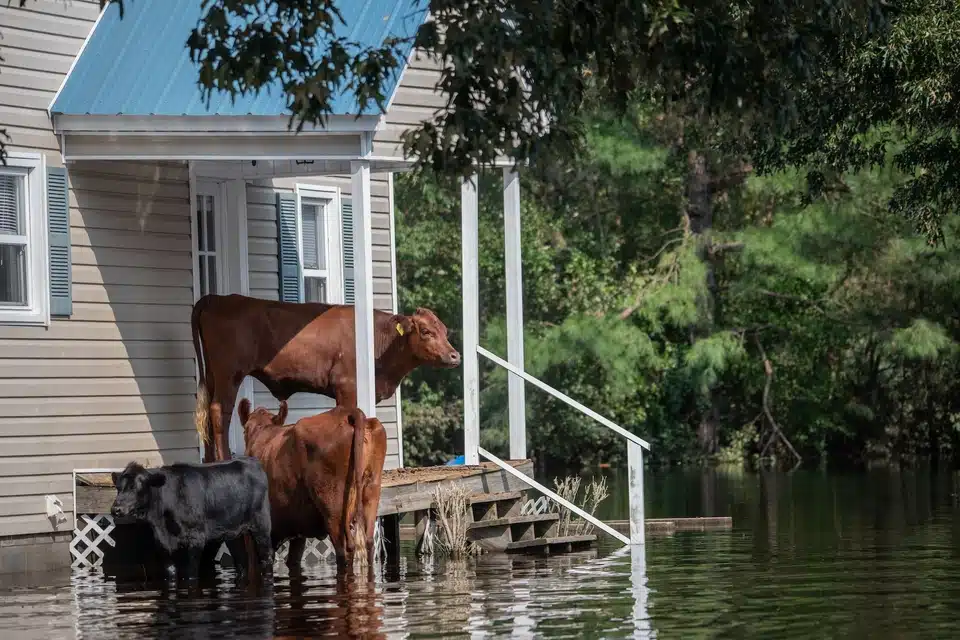Disasters happen. Plan ahead.
You would be surprised to learn how many “worst case” scenarios I receive that are nothing more than a best-case scenario with slightly lower revenue projections. Did we learn nothing from Covid-19? From supply chain disorder? From inflation? And what about Murphy’s Law?
Disasters happen.
When questioned, most entrepreneurs explain that investors discount projections anyway, so showing them “conservative” numbers would be counterproductive. That’s a point well taken, but not all planning should be investor driven.
Preparing for disasters is just good management practice.
I first learned about disaster planning at Chiquita Brands International. Many of our banana divisions were located along the Caribbean coast, vulnerable to hurricane damage. Budgets were prepared with that in mind. Reserves were created to address future yield and infrastructure losses. One could not, in good faith, simply assume that any given year would be hurricane free.
Admittedly, most disasters are not so actuarially predictable. That does not mean that you should ignore them. Disasters don’t have to be “unmitigated.”
You’ve certainly heard the phrase, “unmitigated disaster.” Unmitigated is defined as: unrelieved or offering little chance of change or relief. By planning ahead one can mitigate or lessen the effects of a potential calamity or loss. Consider these recent examples:
Silicon Valley Bank (SVB)
For most depositors the failure of SVB had little long-term impact. Nonetheless, had many depositors conducted a proper risk analysis they would not have maintained excess balances in one bank or, if so, not in the form of uninsured cash. Disaster planning would have helped. Similarly, SVB’s treasury department would have been well served forecasting and implementing a worst-case investment strategy that projected higher interest rates.
Ransomware (Colonial Pipeline)
Ransomware is malware that prevents or limits users from accessing their systems or files until a ransom is paid. For victims, like Colonial Pipeline, it is a disaster. Protecting your company from ransomware is a multifaceted process that takes time to implement, involving new/updated software, continuous employee training, and greater management attention. Proper disaster planning, however, is quicker. Had Colonial Pipeline simply backed up its data using the 3-2-1 rule it would have fared better.
In my next blog I will address disaster planning as it impacts startups and small businesses. Not all disasters are acts of God, ransomware attacks, or pandemics. Disasters come in many forms, some as simple as losing a critical employee, being sued, or running out of cash.
In the meantime, please drop me a line if you want to learn how WWLC can help you with your disaster planning.








